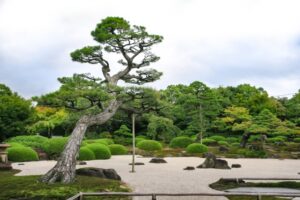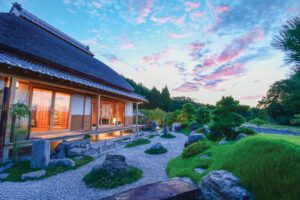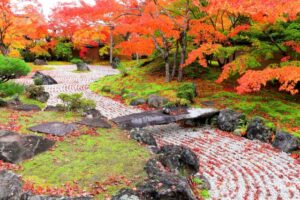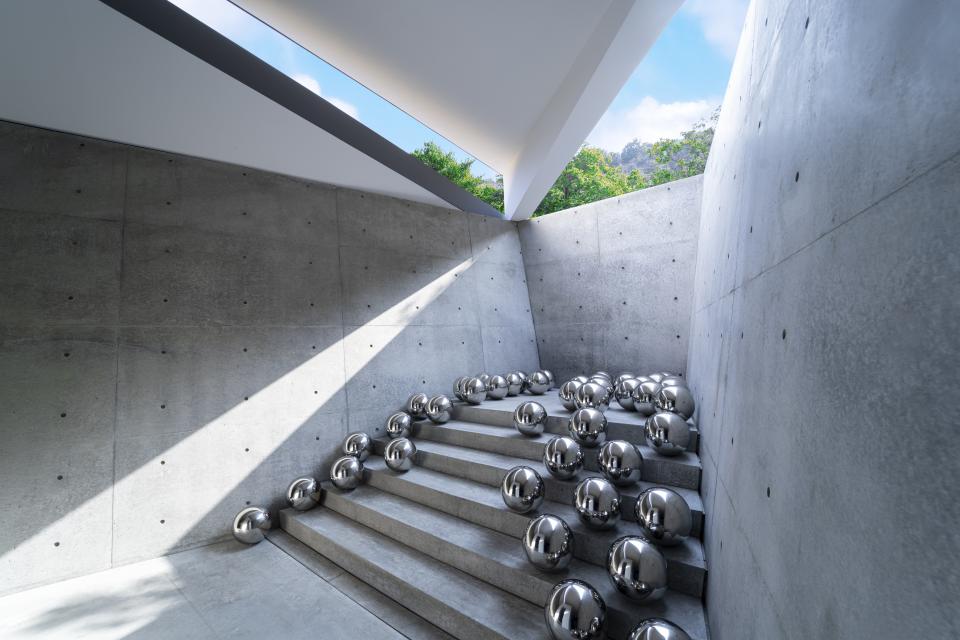Zen Beyond the Temple
When we think of Japanese Zen, what often comes to mind are silent temples and carefully raked gravel gardens. But today, the influence of this philosophy goes far beyond religious spaces. Welcome to the world of Zen parks — public areas that combine landscape design, minimalist aesthetics, and natural elements to offer a break from the fast-paced rhythm of modern life.
While these parks don’t strictly follow the rules of the traditional karesansui (dry rock gardens), they are deeply inspired by Zen principles. Their purpose is similar: to create a space that encourages tranquility, balance, and self-connection.
What is a Zen Park?
A Zen park can be understood as a natural or urban space designed with Zen-inspired ideas, but adapted for more contemporary and everyday use. Unlike traditional temple gardens, Zen parks:
- Are made for walking, doing yoga, reading, or simply relaxing.
- Tend to include more greenery, flowing water, walking paths, and urban furniture.
- Preserve core Zen values like visual harmony, relative silence, and intentional use of space.
Common Features of a Zen Park
- Winding paths: Inviting slow walks with no fixed destination.
- Rest areas: Benches, pergolas, or quiet spots for solo meditation.
- Water elements: Fountains or ponds that add natural sound and a sense of peace.
- Minimalist design: Nothing excessive — every element has its purpose.
- Carefully selected vegetation: Bamboo, pine trees, Japanese maples, and seasonal flowers.
Notable Zen-Inspired Parks in Japan
- Shinjuku Gyoen (Tokyo)
A large urban park that blends Japanese, French, and English garden styles. While not a purely Zen park, it has quiet zones, structured gardens, and ideal spots for meditation or reading in the heart of bustling Tokyo. - Ritsurin Garden (Takamatsu)
Traditional in design, yet open to the public, this park offers contemplative spaces with ponds, tea houses, and scenic hills. The landscape echoes Zen aesthetics, even though it’s not a dry garden. - Modern or Thematic Parks
Some newer developments in Japan — especially within hotels or spiritual retreats — include “Zen parks” designed for guided meditation, mindful walking, and multi-sensory relaxation.
Zen in the City
In a densely populated country like Japan, Zen parks are a modern answer to an ancient need: to reconnect with oneself through nature and silence. Whether in the heart of Tokyo or in a rural village, these parks offer a simple but powerful invitation: breathe, walk, reflect.
Let’s inspire your travelers to experience this side of Japan — by including Zen parks in their itinerary, they may rediscover balance and inner peace in these beautifully harmonious settings.








